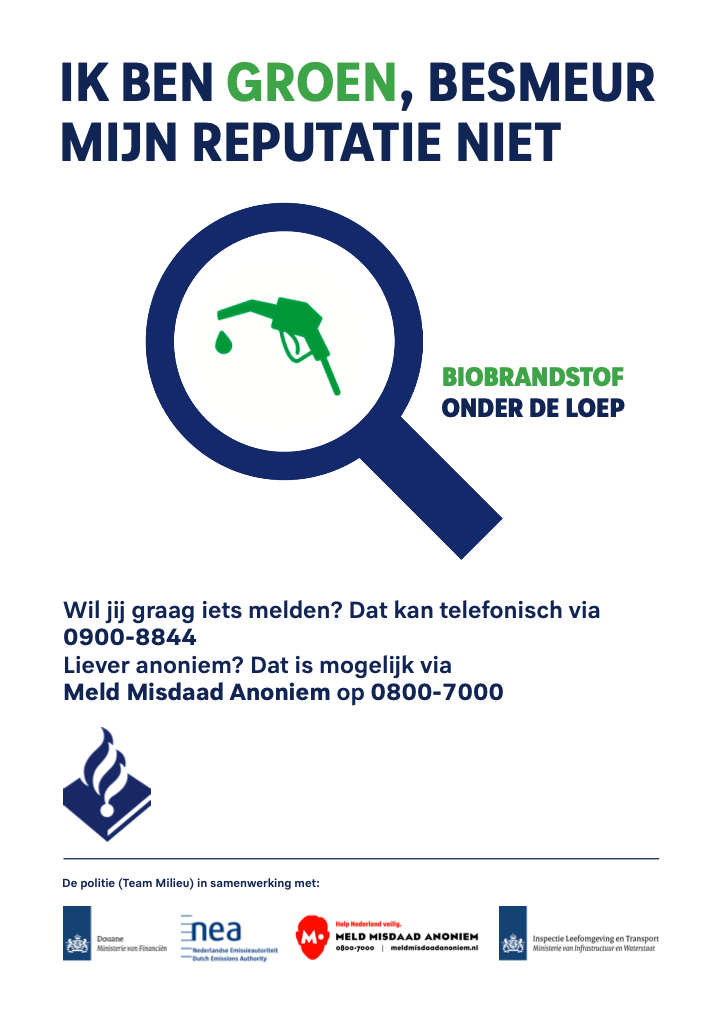SCOPE: Bioenergy & Sustainability - Bridging the Gaps | 2015

In 2015, Scope Bioenergy & Sustainability published a report on bridging the gaps on Bioenergy & Sustainability. This SCOPE series assessment is a collaborative effort including the contribution of 130 experts from 24 countries. It gathers the scientific studies assessing topics ranging from land use and feedstocks, to technologies, impacts, benefits and policy. The study highlights numbers, solutions, knowledge gaps and suggests the science needed to maximise bioenergy benefits.
Bioenergy & Sustainability proposes to not only improve energy security and lifting areas out of poverty with bioenergy but ultimately securing a sustainable and equitable future. The report finds that land availability is not a limiting factor. Bioenergy can contribute to sustainable energy supplies even with increasing food demands, preservation of forests, protected lands, and rising urbanization. While it is projected that 50 to 200 million hectares would be needed to provide 10 to 20% of primary energy supply in 2050, available land that does not compromise the uses above is estimated to be at least 500 million hectares and possibly 900 million hectares if pasture intensification or water-scarce, marginal and degraded land is considered.
Building on over 2,000 scientific studies and major assessments, this 700-pagee-publication outlines how:
· Development of bioenergy can replenish a community’s food supply by improving management practices and land soil quality
· New technologies can provide communities with food security, fuel, economic and social development while effectively using water, nutrients and other resources
· The use of bioenergy, if done thoughtfully, can actually help lower air and water pollution
· Bioenergy initiatives monitored and implemented, hand in hand with good governance, can protect biodiversity, and provide ecosystems services
· Efficiency gains and sustainable practices of recent bioenergy systems can help contribute to a low-carbon economy by decreasing greenhouse gas emissions and assisting carbon mitigation efforts
· With current knowledge and projected improvements 30% of the world’s fuel supply could be biobased by 2050
The report’s authors see both practical and ethical imperatives to advance bioenergy in light of its potential to meet pressing human needs not easily addressed by other renewable energy sources. At the same time, they acknowledge that just because bioenergy can be beneficial does not mean that it will be. Research and development, good governance and innovative business models are essential to address knowledge gaps and foster innovation across the value chain.
Read the full report by downloading it here.

 Download hereVisit Website
Download hereVisit WebsiteRecente artikelen
T&E does support sustainable biofuels
NEa: ik ben groen, besmeur mijn reputatie niet | 2025

